1. Taylor Swift

Taylor Swift built a global empire on heartbreak anthems, billion-dollar tours, and re-recorded albums that reshaped artist rights. She’s been on Forbes’ highest-paid lists for years, launched her own label imprint deal, and turned her cat-filled personal brand into marketing gold. Yet, Swift often expresses discomfort with fame, especially during her “Reputation” era when she disappeared from the public eye. She’s described the spotlight as “psychologically hard,” even as she sells out stadiums faster than anyone alive.
Still, her approach to privacy feels selective—she documents her life in song, but rarely in interviews. She carefully chooses when to be seen, cultivating mystery while remaining omnipresent online. It’s a balancing act that keeps fans invested but gives her plausible deniability about “not wanting fame.” Swift may resent the chaos, but she clearly knows how to weaponize it.
2. Kanye West
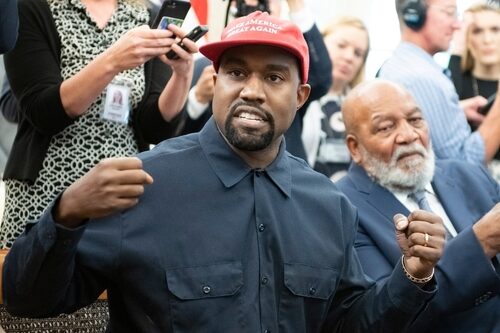
Kanye West turned his name into a global brand—music, fashion, design, and controversy rolled into one. His Yeezy empire made him a billionaire before public meltdowns and business splits cut into that fortune. He’s called fame “a prison,” lamenting paparazzi and media intrusion, even as he stages headline-grabbing stunts and cryptic online rants. West has built a career on declaring that he’s misunderstood while ensuring he’s impossible to ignore.
The contradiction is almost part of his art. He talks about wanting freedom from the industry, but his identity depends on constant cultural relevance. Every “anti-fame” statement doubles as a marketing tool, keeping him in the cycle he claims to despise. West doesn’t just hate fame—he exploits its friction.
3. Jennifer Lawrence
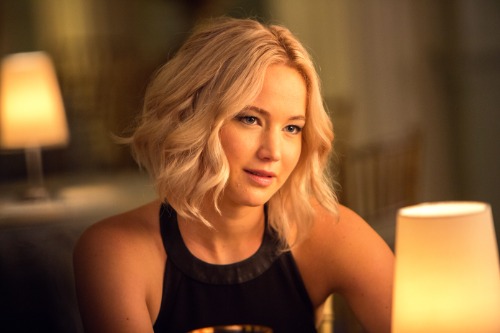
Jennifer Lawrence rocketed from indie darling to global superstar after The Hunger Games and Silver Linings Playbook. She’s led billion-dollar franchises, won an Oscar, and reportedly commands over $20 million per film. But she’s been open about how overwhelming fame became, telling interviewers she felt like she “lost a sense of self.” After a few years of overexposure, she stepped back from Hollywood entirely.
Her “I’m just a normal person” shtick once felt refreshing, but critics say it became its own kind of branding. Even her hiatus was perfectly timed—she returned with prestige projects and a calmer persona. She’s rebuilt her career on the idea that she never wanted fame in the first place. It’s a clever way to reset without losing star power.
4. Johnny Depp
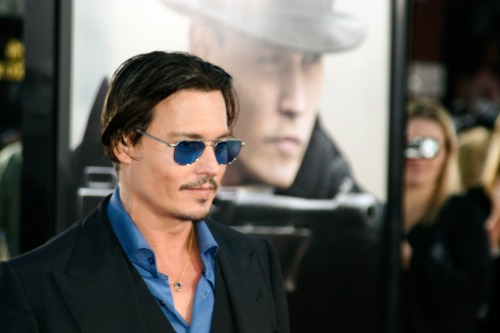
Johnny Depp spent decades crafting a reputation as Hollywood’s mysterious outsider. He fronted blockbusters like Pirates of the Caribbean while insisting he “didn’t care about money or fame.” Depp preferred to talk about art, music, and rebellion—right before signing massive Disney contracts. His disdain for the Hollywood machine became part of his charm, making him even more bankable.
But Depp’s public image collapsed under the weight of lawsuits and scandal, and suddenly his anti-fame talk rang differently. He began positioning himself as a victim of the fame he once manipulated. In interviews, he’s described celebrity as “grotesque,” yet continues to tour with his band and promote new projects. The man who claimed to hate fame still can’t quite walk away from it.
5. Kristen Stewart
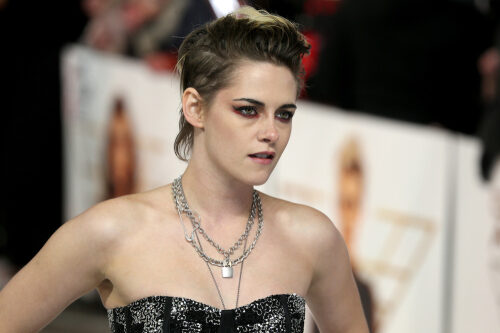
Kristen Stewart shot to global superstardom as Bella Swan, a role she’s said made her feel “trapped.” She’s since built a respected indie career, starring in arthouse films and avoiding major studio franchises. In interviews, Stewart often rails against fame culture, saying she values privacy above all else. Yet, she’s still a fixture at fashion events and has major brand deals with Chanel and Balenciaga.
Her push-pull with fame feels genuine but strategic. Stewart leans into her discomfort to maintain authenticity in a celebrity-obsessed industry. It’s not rejection—it’s rebranding. By rejecting fame’s superficiality, she’s crafted a new kind of celebrity identity rooted in rebellion.
6. Angelina Jolie

Angelina Jolie evolved from tabloid wild child to humanitarian powerhouse and director. She’s built a global reputation through blockbuster roles, a UN ambassadorship, and philanthropic projects. But Jolie often insists she’s “not interested in being a celebrity,” claiming she values meaningful work over attention. Still, she uses her fame strategically to elevate causes and projects.
Her complicated relationship with publicity mirrors her transformation. Jolie rejects the label of “movie star” but fully embraces the global platform that comes with it. She’s careful to frame fame as something she endures rather than seeks. Yet, her empire wouldn’t exist without it.
7. Leonardo DiCaprio
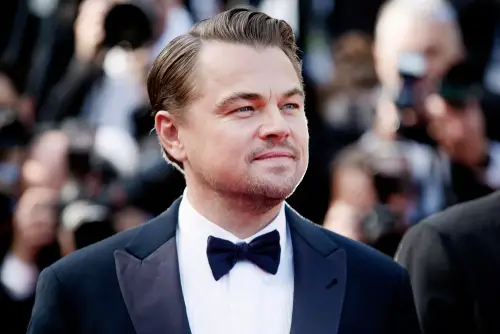
Leonardo DiCaprio has one of Hollywood’s most prestigious careers, anchored by Oscar wins and box office dominance. He’s also an environmental activist with his own foundation, which has raised millions for conservation. But he often complains about fame, describing it as isolating and artificial. He avoids social media, rarely gives interviews, and guards his private life obsessively.
Still, DiCaprio’s mystique is part of his marketing. His reluctance to engage only amplifies curiosity about him. He claims to dislike the spotlight, yet never stops shining in it. Fame aversion, for him, seems less about privacy and more about control.
8. Megan Fox
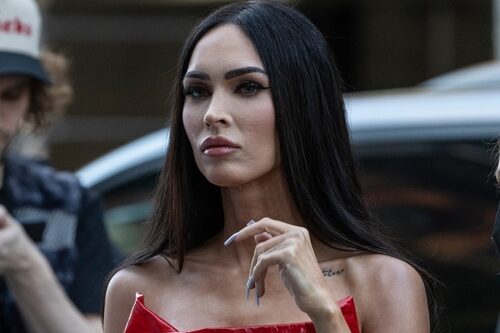
Megan Fox became a pop culture phenomenon after Transformers, but the fame that came with it nearly destroyed her career. She’s spoken openly about being objectified and misquoted, saying fame made her “miserable.” Yet, she’s since rebuilt her image through calculated public appearances, a high-profile relationship, and rebranding as a feminist icon. Fox’s “I hate fame” stance became a core part of her comeback story.
Her self-awareness is part of the appeal—she knows the media cycle and uses it to rewrite her narrative. By rejecting her earlier image, she regained control over it. Fame didn’t vanish; it just became more curated. Fox turned anti-fame sentiment into a survival strategy.
9. Miley Cyrus
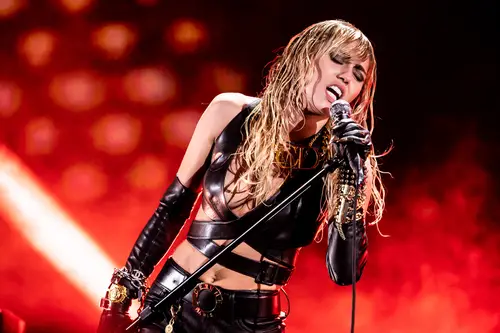
Miley Cyrus transformed from Disney sweetheart to boundary-pushing pop provocateur. She’s built a music empire that thrives on reinvention and shock value. Yet, she frequently talks about how fame “messes with your head,” citing struggles with identity and self-image. Her latest eras project maturity and balance, as if she’s distancing herself from her own celebrity past.
Still, Cyrus knows how to turn discomfort into art. Her songs and interviews often critique fame while benefiting from its reach. She’s both victim and architect of her notoriety. That tension keeps her career—and her brand—alive.
10. Ben Affleck
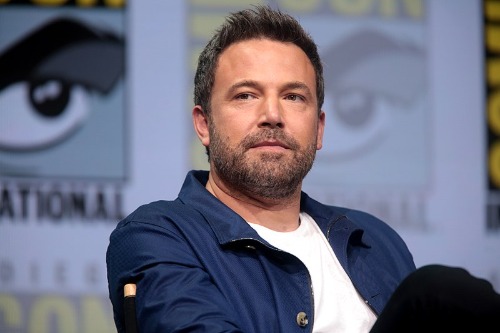
Ben Affleck has been famous for so long that he seems visibly exhausted by it. He’s built a career as an actor, director, and producer with massive commercial and critical success. But in interviews, he often laments media attention and paparazzi intrusion. His facial expressions at public events—particularly his infamous “Sad Affleck” moments—have become memes symbolizing celebrity burnout.
Yet, Affleck repeatedly returns to blockbuster projects and high-profile relationships. He may despise the circus, but he still performs under its tent. His discomfort reads as authentic, but it’s also a selling point—he’s the reluctant star who can’t quit Hollywood. That paradox keeps him endlessly watchable.
11. Lady Gaga
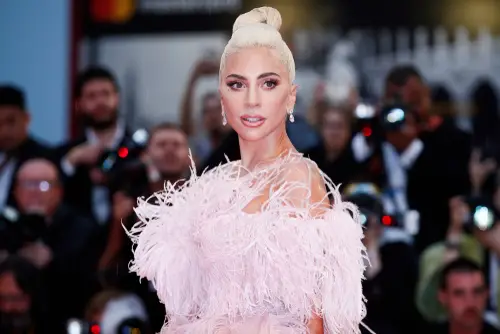
Lady Gaga built an empire on spectacle, from meat dresses to Vegas residencies. She’s a pop icon, Oscar winner, and beauty mogul with global influence. Yet, she’s confessed to feeling “devastated” by fame, describing it as dehumanizing. Gaga has spoken about how celebrity “nearly broke” her before she retreated to find her sense of self.
Still, she consistently returns to the spotlight—each reinvention more theatrical than the last. Her fame fatigue is real, but so is her need for expression through it. Gaga’s vulnerability about hating fame is part of what makes her beloved. She’s mastered the art of turning breakdowns into breakthroughs.
12. Justin Bieber

Justin Bieber went from YouTube discovery to pop megastar before he was old enough to vote. His fame spiraled out of control, leading to public meltdowns, legal trouble, and emotional struggles. He’s since called fame “horrible” and “lonely,” describing it as something that “nearly ruined” his life. Yet, Bieber continues to release chart-topping music, star in documentaries, and front massive brand collaborations.
His candidness about burnout is admirable but also marketable. The reformed pop star image sells just as well as the reckless one did. Bieber’s anti-fame narrative keeps fans rooting for his peace while consuming his every move. It’s both confession and content.
13. Kim Kardashian
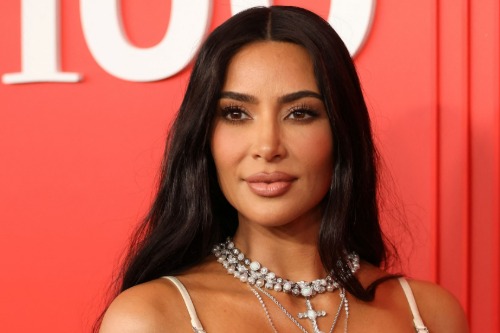
Kim Kardashian is perhaps the ultimate modern celebrity—she monetized attention itself. From reality TV to billion-dollar businesses like SKIMS and KKW Beauty, she’s built an empire from visibility. Yet, she frequently claims she’d prefer privacy and a quieter life. In interviews, she’s said fame can feel “empty” and that she’d “love to disappear” someday.
But disappearing isn’t exactly in her business plan. Kardashian’s empire depends on the illusion of authenticity and accessibility. Her complaints about fame humanize her, softening the edges of her power. She may talk about hating it, but she’s turned fame into a science.
This post 13 Celebrities Who Built Empires Then Pretended to Hate Fame was first published on American Charm.


